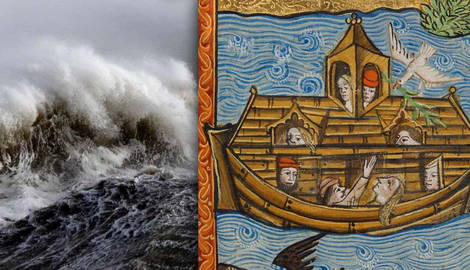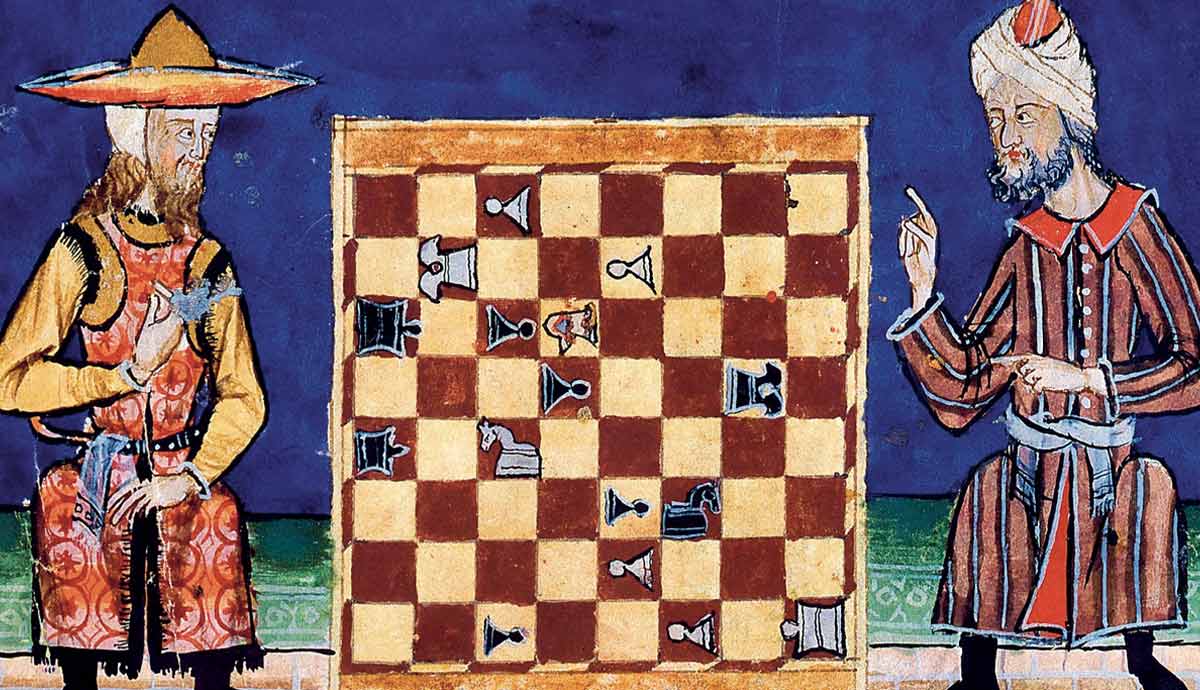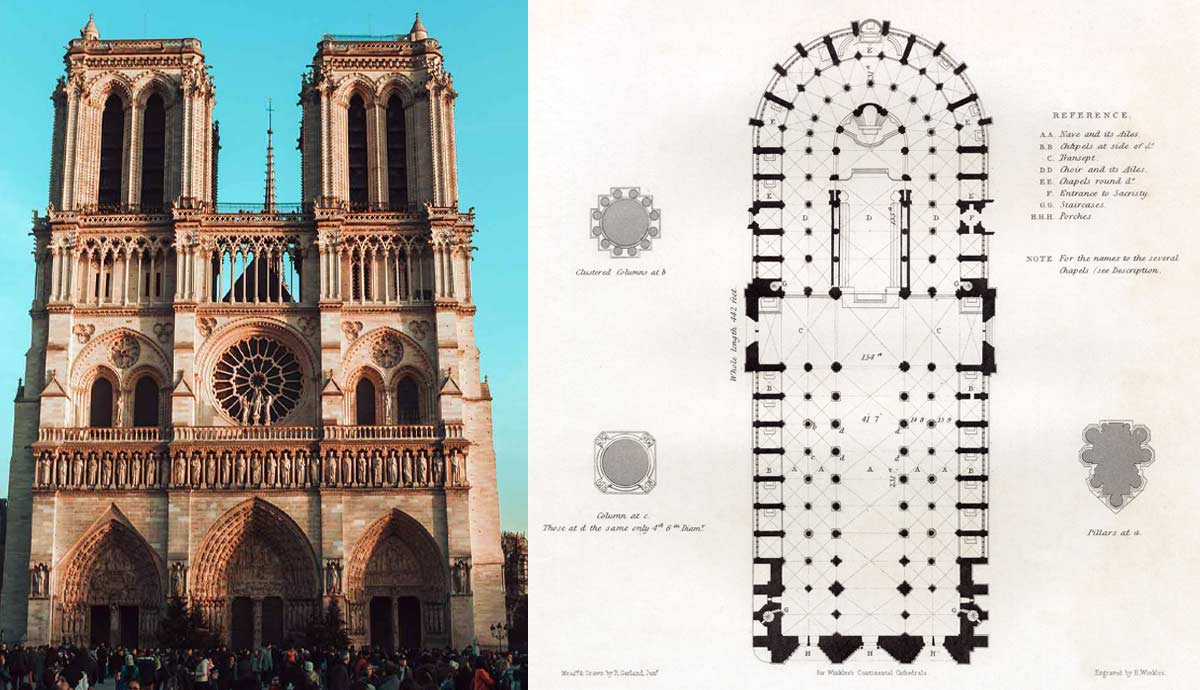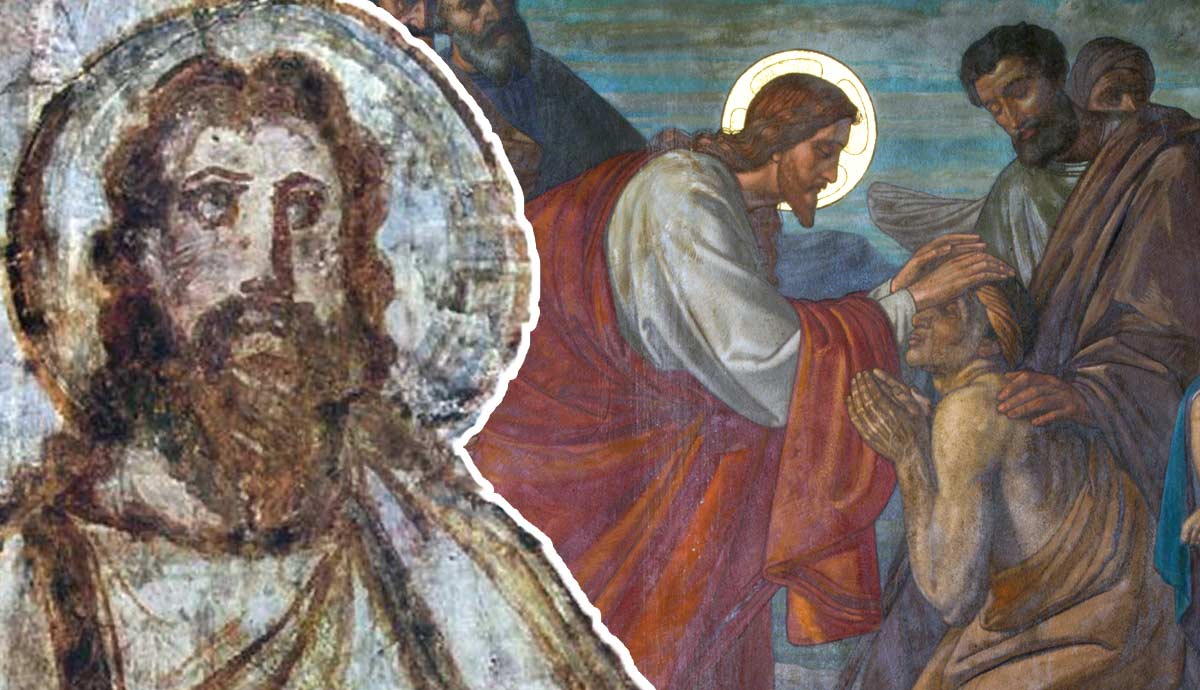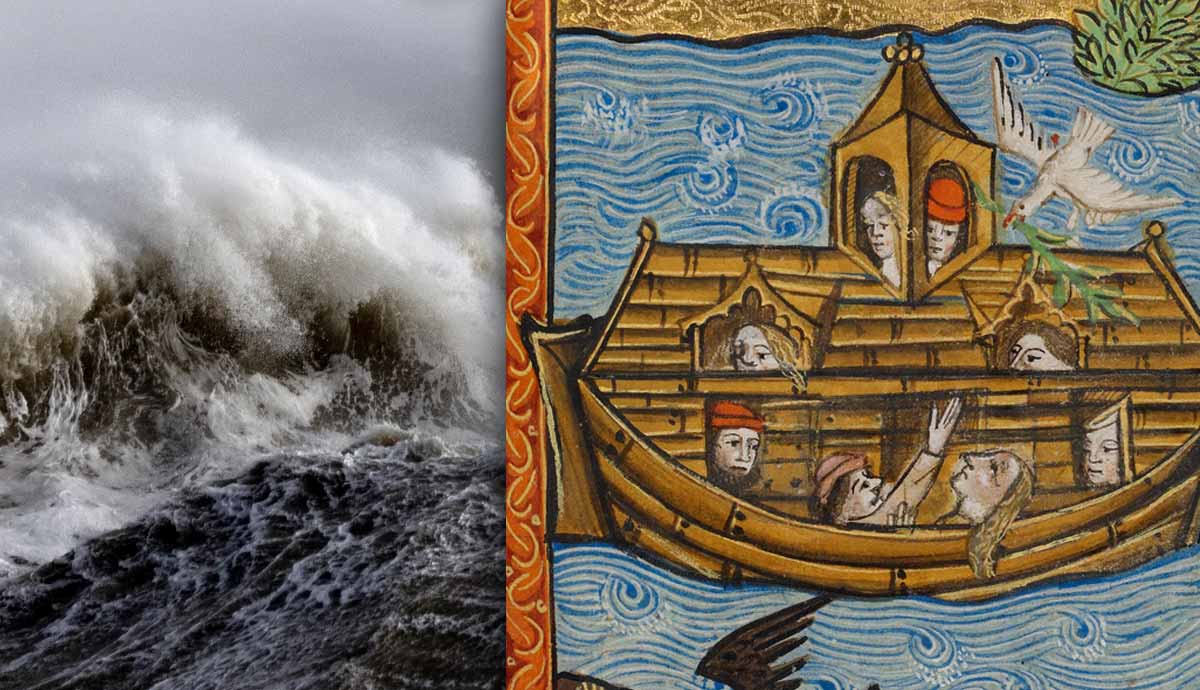
The Bible story about Noah and the Ark is one of the most mind-baffling. Skeptics and critics alike have used this highly unlikely tale of a Great Flood as a reason to poke holes in the religions of Judaism and Christianity. However, in recent years, historians have found more and more evidence in various other ancient cultures that such a Great Flood might very well have happened. In this article, we’ll explore the events surrounding Noah’s Flood and compare them with other sources.
Introducing Noah
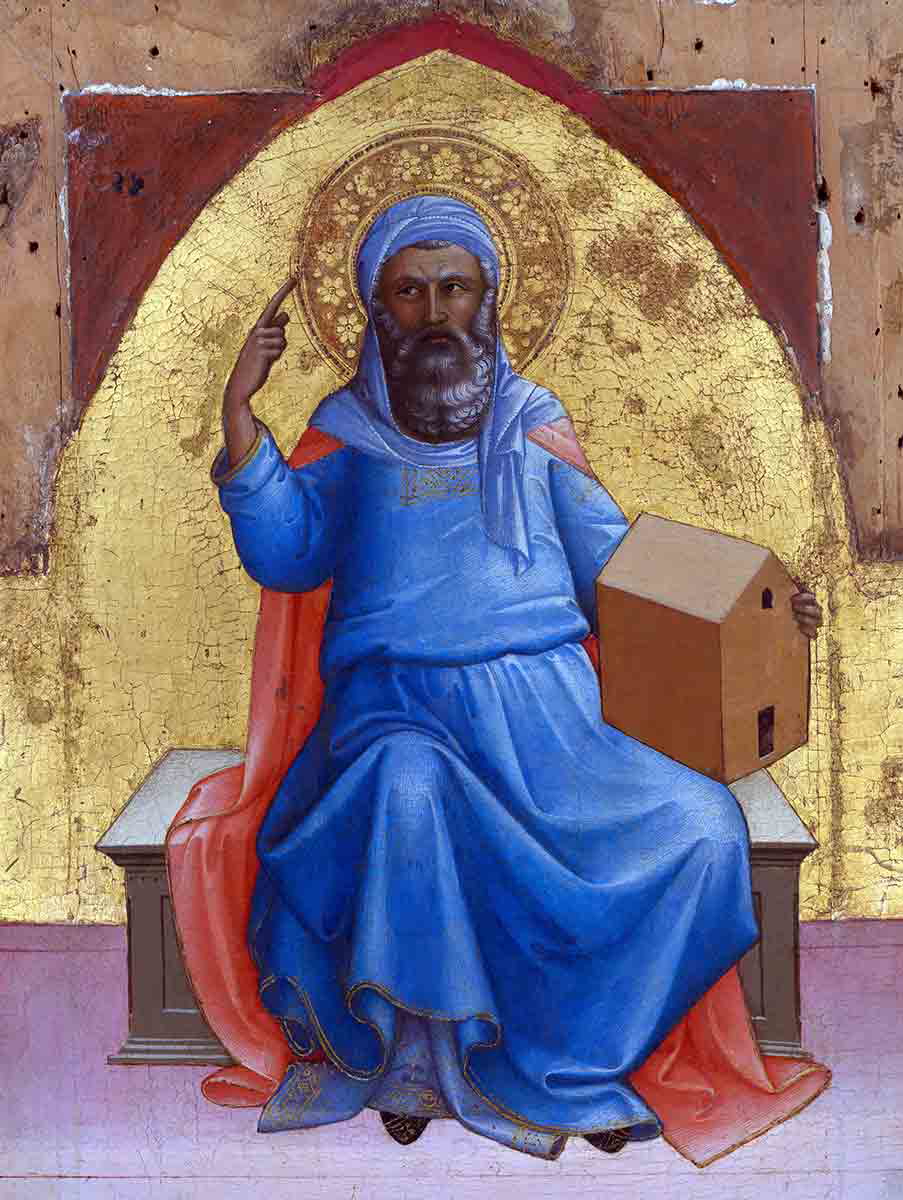
According to the Bible, the creator God was grieved by his creation. The very people who were made in the likeness (image) of God and walked so closely with him in the beginning, turned their backs on him with the Fall of Sin. The many generations that followed Adam and Eve continued in their evil ways. It went so far that we read the following in Genesis 6:6:
“The Lord regretted that he had made human beings on the earth, and his heart was deeply troubled.” (NIV)
When God looked over all he had made, much like he did in the creation account (Genesis 1), instead of seeing that it was good, he saw that it was very, very bad. So God decided that it was time to end it all. Clearly, the people he made could not get it right. He’d have to wipe them out and leave it be. However, at the last minute, when God scanned the Earth, his eye caught something unexpected.
“But Noah found favor in the eyes of the Lord.” (Genesis 6:8, NIV)
Noah, the great-grandson of Enoch, who also defeated all odds, established something different: Hope. The name Noah sounds like the Hebrew word for comfort. His father, Lamech, gave Noah that name and said:
“He will comfort us in the labor and painful toil of our hands caused by the ground the Lord has cursed.” (Genesis 6:29, NIV)
The Great Flood in the Biblical Book of Genesis
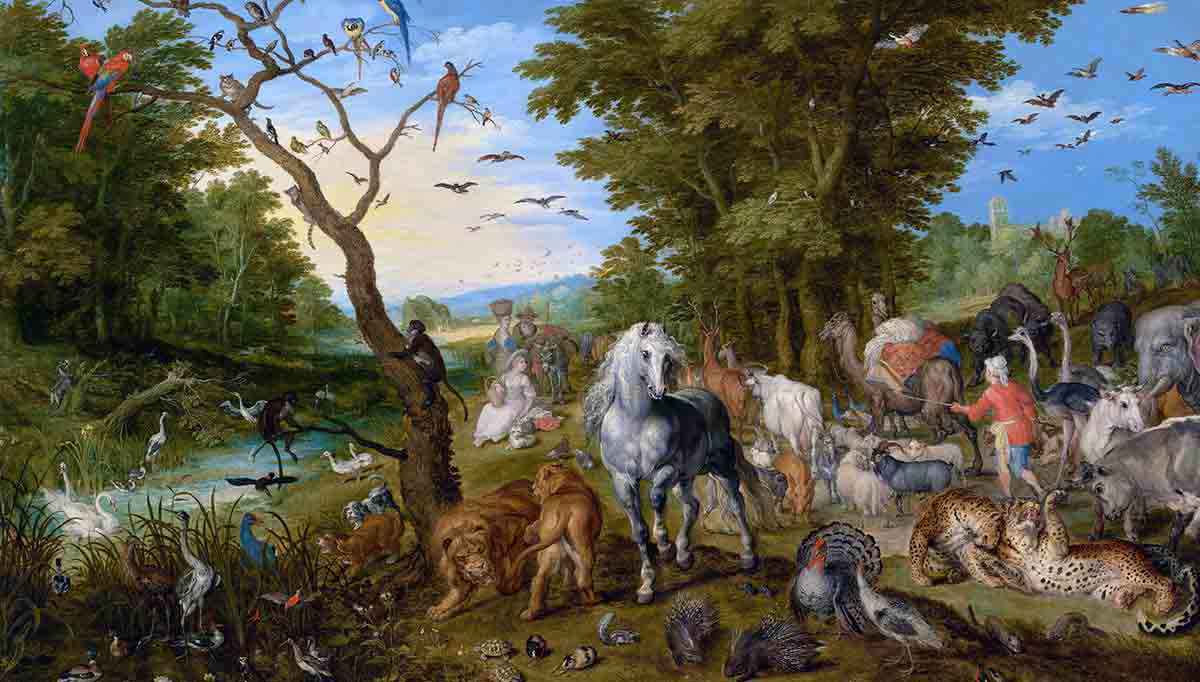
Since the Earth was corrupt in God’s sight, but Noah was not, God, in a great act of mercy, decided to save Noah and his family. Noah was tasked to take every kind of animal into the Ark with them. Genesis 6 describes how God warned Noah about the coming flood and gave him direct instructions for building a vessel for survival.
“This is how you are to build it: The ark is to be three hundred cubits long, fifty cubits wide and thirty cubits high.” (Genesis 6:15, NIV)
Theologians have found that much of what’s written down in the Old Testament is akin to other tales of origin, holding signs of poetry and song, as the stories were probably passed down from one generation to the next. We can see some of these elements in how the Great Flood was described in the Bible:
“In the six hundredth year of Noah’s life, on the seventeenth day of the second month—on that day all the springs of the great deep burst forth, and the floodgates of the heavens were opened. And rain fell on the earth forty days and forty nights.” (Genesis 7:11-12, NIV)
The waters rose and rose to the point where Noah and his family could no longer see a single mountaintop. Everything that was not on the Ark did not make it. After the 40 days, God sent a wind, and the waters started receding. Noah famously sent a dove out from the Ark, and when it returned with a freshly plucked olive branch, they knew that the waters were drying up.
Noah waited a few more days until God told them to come out of the Ark.
After the Flood in the Bible
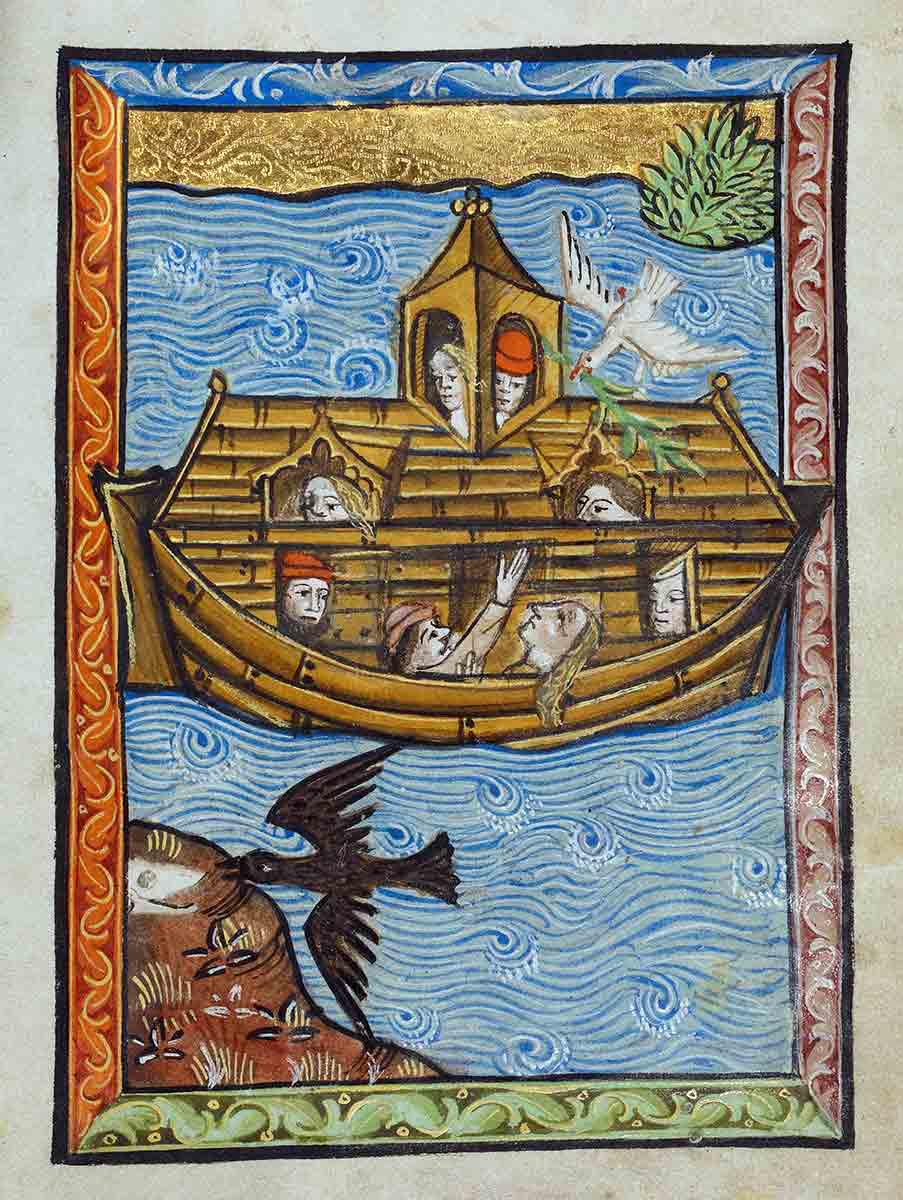
As soon as Noah exited the Ark, he built an altar to God and offered a pleasing sacrifice on it. The aroma of the sacrifice drifted up to God, and He decided:
“Never again will I curse the ground because of humans, even though every inclination of the human heart is evil from childhood. And never again will I destroy all living creatures, as I have done. As long as the earth endures, seedtime and harvest, cold and heat, summer and winter, day and night will never cease.” (Genesis 8:21-22, NIV)
This decision of God to offer grace to humankind, despite their shortcomings, became the basis of a new covenant. Genesis 9 records that God placed the first rainbow in the sky right there and then as a constant reminder of this promise between him and all life on Earth.
This moment in the Biblical story signifies a major turning point. Shortly after the Ark, Noah plants a vineyard and gets drunk from its wine, signaling that human nature didn’t change. However, God’s covenant now stood written in the sky as a reminder that even when people fail, he will not.
Christians see the story of Noah and the Great Flood in the Bible as a beautiful story of God making a plan to save humanity. Some have likened the wooden Ark to the wooden cross of Jesus Christ that would later fulfil a similar purpose—saving humanity from damnation.
Other Mentions of a Great Flood in the Bible
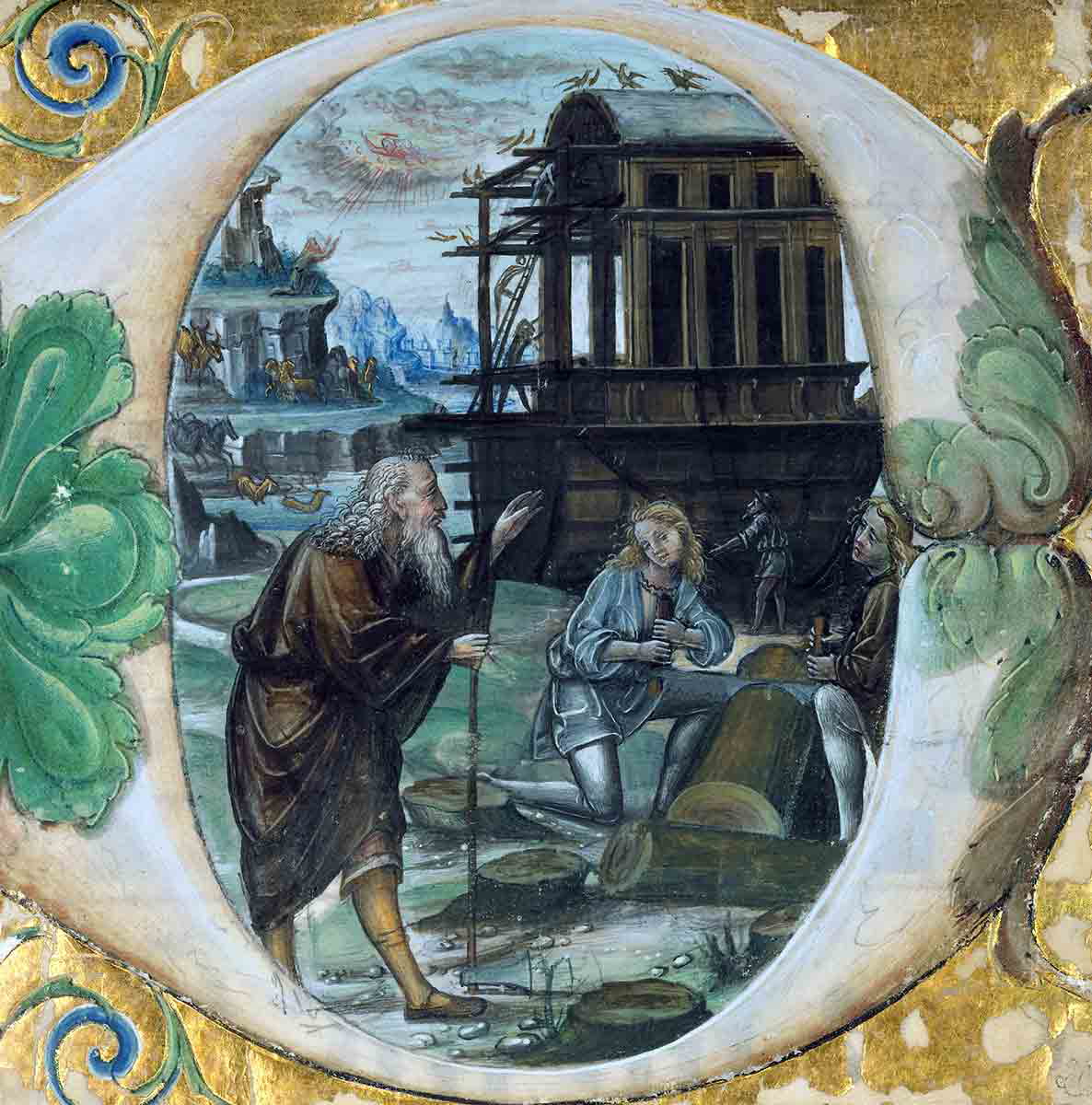
Other descriptions of the Great Flood in the Bible shed more light on how the Israelites and New Testament believers understood this significant event.
Nahum 1:8 prophesies and warns the people of Nineveh to repent from their evil ways or God will send a flood. This same language is used in Hosea 5:10, “I will pour out my wrath on them like a flood of water.”
In the New Testament, we read that Jesus said the coming of God’s Kingdom can be likened to the Great Flood: “Just as it was in the days of Noah, so also will it be in the days of the Son of Man. People were eating, drinking, marrying and being given in marriage up to the day Noah entered the ark. Then the flood came and destroyed them all” (Luke 17:26-27, NIV) (Also Matthew 24:38-39).
Daniel prophesied this same message: “The end will come like a flood” (Daniel 9:26, NIV).
The collection of psalms in the Bible also refers to a flood as something threatening, but states that God sits enthroned above the flood. So, not all the descriptions of a Flood in the Bible are negative. Malachi 3:10 speaks of the same “floodgates of heaven” from Genesis 7, being opened and blessings being released. In 2 Peter 2, the idea that the Lord knows how to rescue the godly from trials is argued by pointing to the Flood. It seems to be saying: If he could save Noah, he can save you.
The Great Flood in Other Sources
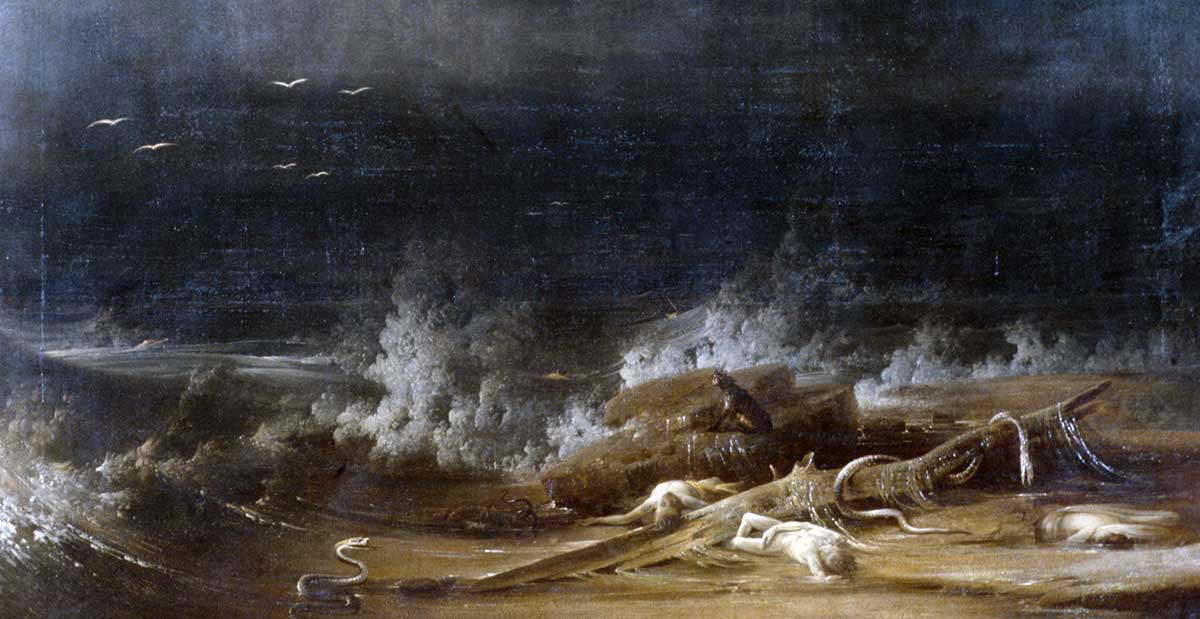
While Noah’s worldwide Flood (the Noachian Flood) is only mirrored directly in the Qur’an (Surah Nuh 71), there are somewhat similar flood accounts from other cultures. Interestingly, many of the other Great Flood accounts also go hand-in-hand with creation accounts.
The ancient Babylonian Epic of Gilgamesh describes a flood on the Euphrates River. In this story, a man named Utnapishtim is warned by god to build a ship to save his family and livestock from a great coming flood.
Another Babylonian story, the Epic of Atrahasis, has the flood occurring on the Tigris River and is survived by a chief. Like Noah, he celebrated his survival by building an altar, but his was to the water god.
Archaeologists have found evidence of flooding in ancient Mesopotamia (modern-day Iraq) where all three of these supposed floods occurred, however, they don’t agree with the Bible’s claim that it was a worldwide flood, rather likening it to a large regional flood. It is more likely that the survivors could not see any land, so their “whole world” was submerged in the flood.
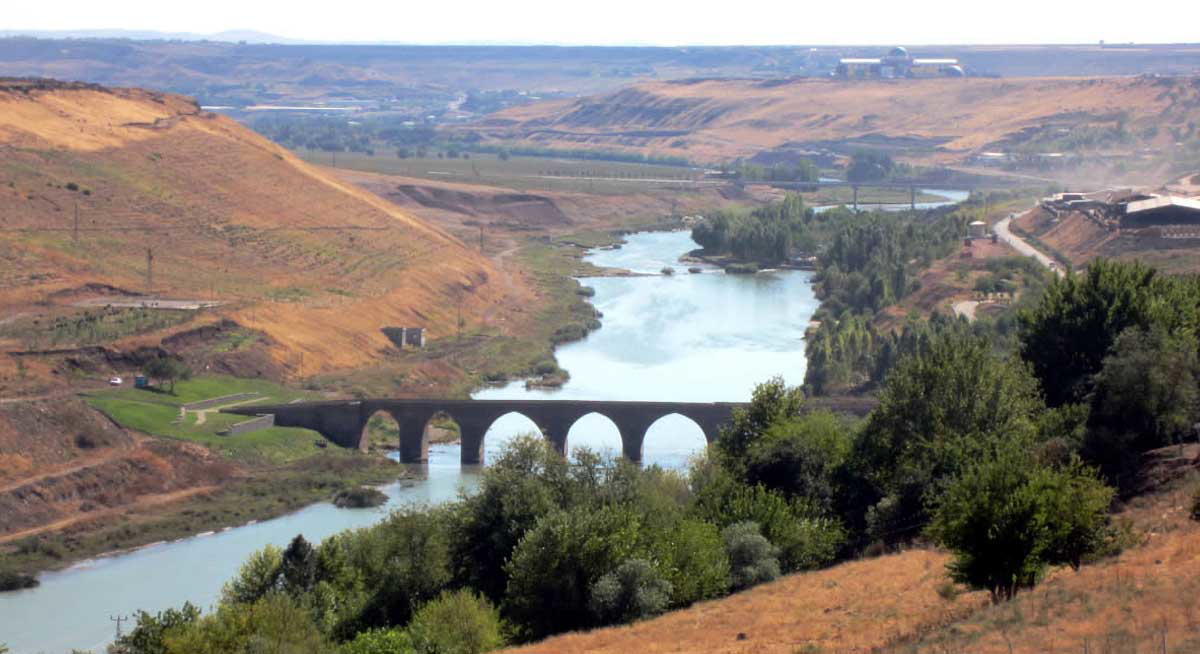
Flood myths are evidenced far and wide from China to Australia. Only the flood myths that closely echo the story of Noah and the Great Flood in the Bible are listed here. This is not an extensive list:
The Sumerian Flood Myth (Eridu Genesis) also has a god warning a man to build a boat for survival. In Hinduism, Matsya, a divinely incarnated fish, warns a man (Manu) of an impending flood and instructs him to build a boat. The ancient Greek myth of Deucalion and Pyrrha follows the same storyline. In Hawaii, we have Nu’u as Noah. Even Native American Tribes like the Ojibwe and Cree have similar flood stories. All of these Flood accounts have a person warned by a god to build a ship to survive a great flood.
The Hidden Element of the Great Flood
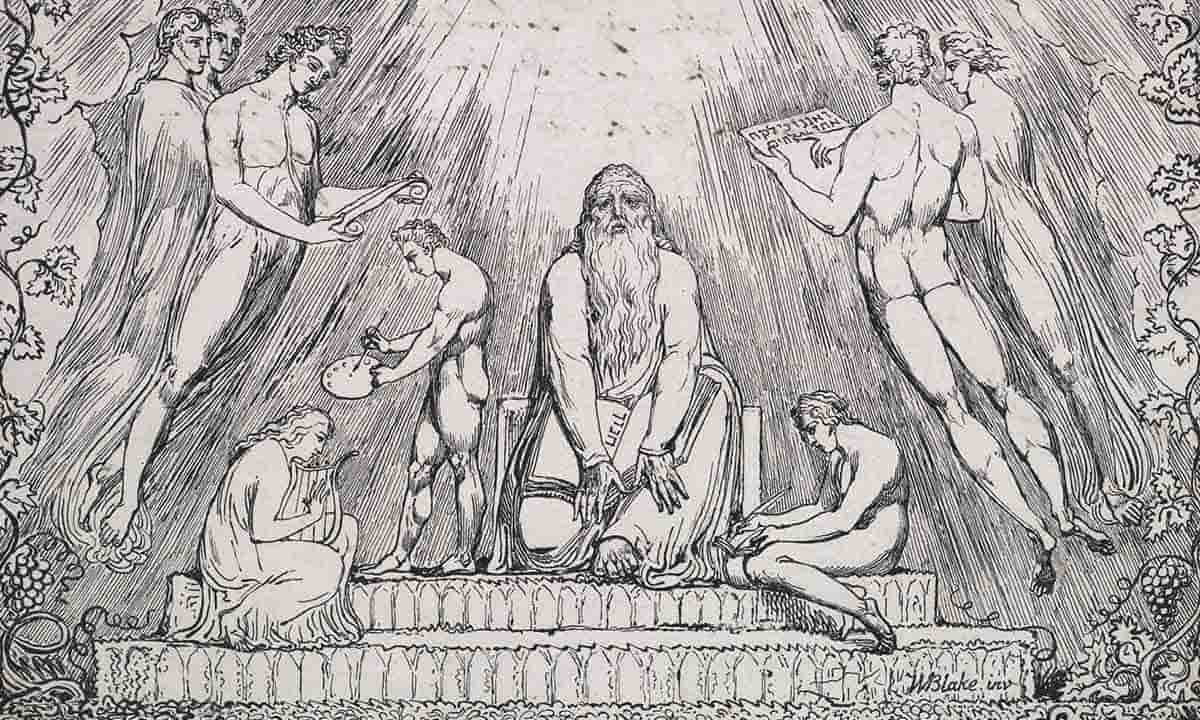
Something interesting that is present in the Biblical version of the Flood in Genesis, but that is never the main focal point of modern Christians reading the text, is the mention of heavenly beings walking the Earth. The first few verses of Genesis 5 describe this:
“When human beings began to increase in number on the earth and daughters were born to them, the sons of God saw that the daughters of humans were beautiful, and they married any of them they chose. The Nephilim were on the earth in those days—and also afterward—when the sons of God went to the daughters of humans and had children by them. They were the heroes of old, men of renown.” (Genesis 6:1-2;4, NIV)
These are the verses that come right before the section where God is grieved by the evil nature of his creation and decides to wipe it out with a flood. This detail that’s often ignored becomes important when we study other Flood narratives like the Akkadian epic of Atra-Hasis. According to some versions of the Great Flood in history, demigods with superior agricultural knowledge arrived by boat following the big floodwaters. The overlap of godly and human relationships almost always plays into how the Great Flood narratives play out.
In conclusion, the Genesis story of Noah and the Great Flood might very well be more than a fairy tale. A Great Flood is evidenced in various cultures worldwide and often linked to creation accounts—like it is in the Bible.
